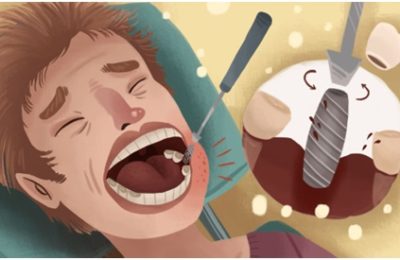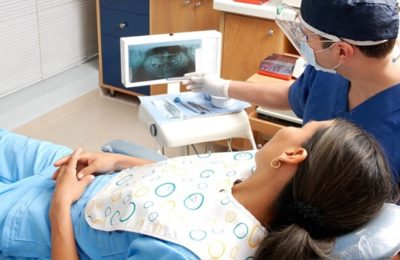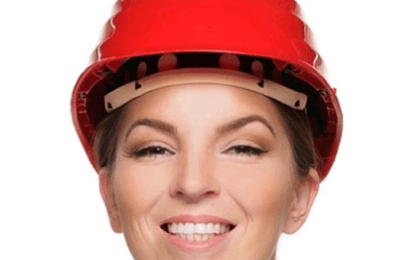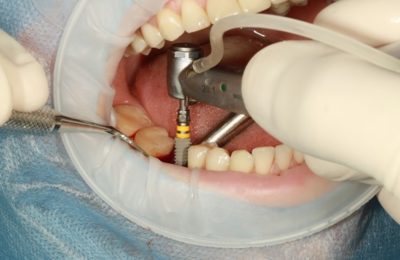Haemorrhoids are abnormally dilated veins of the haemorrhoidal plexus in the anal canal. Symptoms include irritation and bleeding. Increased pressure in the veins of the anorectal area leads to venous swelling at or inside the anal sphincter. There are two types of haemorrhoids – external and internal. In a few people, increased blood pressure leads to rectal abnormalities, and these are distinct from haemorrhoids.
External haemorrhoids, which occur below the dentate line and are wrapped by squamous epithelium, are most uncomfortable because the overlying skin becomes irritated and erodes. Internal haemorrhoids, on the other hand, occur above the dentate line and are lined by rectal mucosa. They are typically common in adults and children.
Symptoms and Signs:
In many cases, haemorrhoids do not trigger any symptoms. Sometimes, they cause no pain at all. However, when symptoms do occur, they may include:
- Bleeding after clearing stool
- Itchy bottom
- A lump coming out of the anus, which may need to be pushed back in and after passing a stool
- A mucous discharge after passing a stool
- Soreness, redness, swelling around the anus
Six Most Common Causes:
The exact cause of haemorrhoids is not apparent to anyone. The condition might result from increased pressure in the blood vessels in and around your anus. This pressure can cause the blood vessels in your back passage to become swollen and inflamed.
People often develop such condition by straining on the toilet as a result of prolonged constipation. This usually occurs due to a lack of fibre in a person’s diet.
Chronic diarrhoea can also increase the risk of developing haemorrhoids.
Other factors that can make one more vulnerable to getting haemorrhoids include:
- Being Overweight:
There is a strong link between haemorrhoids and being overweight. People with obesity are at the risk of developing this condition. This is mostly due to the diet they follow. Being overweight puts pressure on the rectal muscles which in turn, may cause haemorrhoids. Maintaining weight is still the best way to combat the disease.
- Lifting Heavy Objects:
While regular exercise is beneficial for those suffering from haemorrhoids, weightlifting can put a lot of strain on the lower reaches of the body. While lifting weights, people develop the tendency to hold their breath and strain too hard. This force the air down in their lungs. The recurrent grunting exerts pressure on their internal organs, especially the veins near the rectum that eventually turn into uncomfortable haemorrhoids.
- Prolonged Sitting:
Prolonged sitting without standing and making any movement can only worsen the condition by producing pressures on vessels and veins around the rectum area. Plus, the force exerted by the surface you are sitting on can add to the pressure, which eventually aggravates your piles.
- Being Pregnant:
This can place increased pressure on your pelvic blood vessels, causing them to enlarge. The condition resulting from pregnancy often settle down after giving birth. Making lifestyle changes can help reduce the strain on the blood vessels in and around the anus.
- Having a Persistent Cough:
A persistent cough and haemorrhoids may seem completely unrelated. But in reality, it could lead to increased abdominal pressure which will eventually turn into haemorrhoids.
- Ageing:
Ageing is also another factor that triggers haemorrhoids. As you get older, your body’s supporting tissues get weaker as well. This eventually increases your risk of developing haemorrhoids.
Although many factors contribute to getting haemorrhoids, genetics can play a part. If anyone in your family has had them, your likelihood of getting them is higher.
Management:
Treatment depends on the severity of symptoms. Seek medical attention if anal or colorectal cancer is suspected. Do not hesitate to consult an appropriate specialist if any other severe pathology, such as inflammatory bowel disease or sexually transmitted infection is suspected.
Prevention & Management of Constipation:
- Increase fluid and fibre intake.
- Resist the urge to take too much of caffeine.
- Bulk-forming laxatives are preferred if constipation needs treatment.
To prevent this condition, make sure that you change this habits. Regular exercise, proper diet, and an active lifestyle are the ways to avoid haemorrhoids to flare up. See a doctor and take medical advice once you have these symptoms. Get your rectal bleeding checked so your doctor can rule out more potentially dangerous causes.













